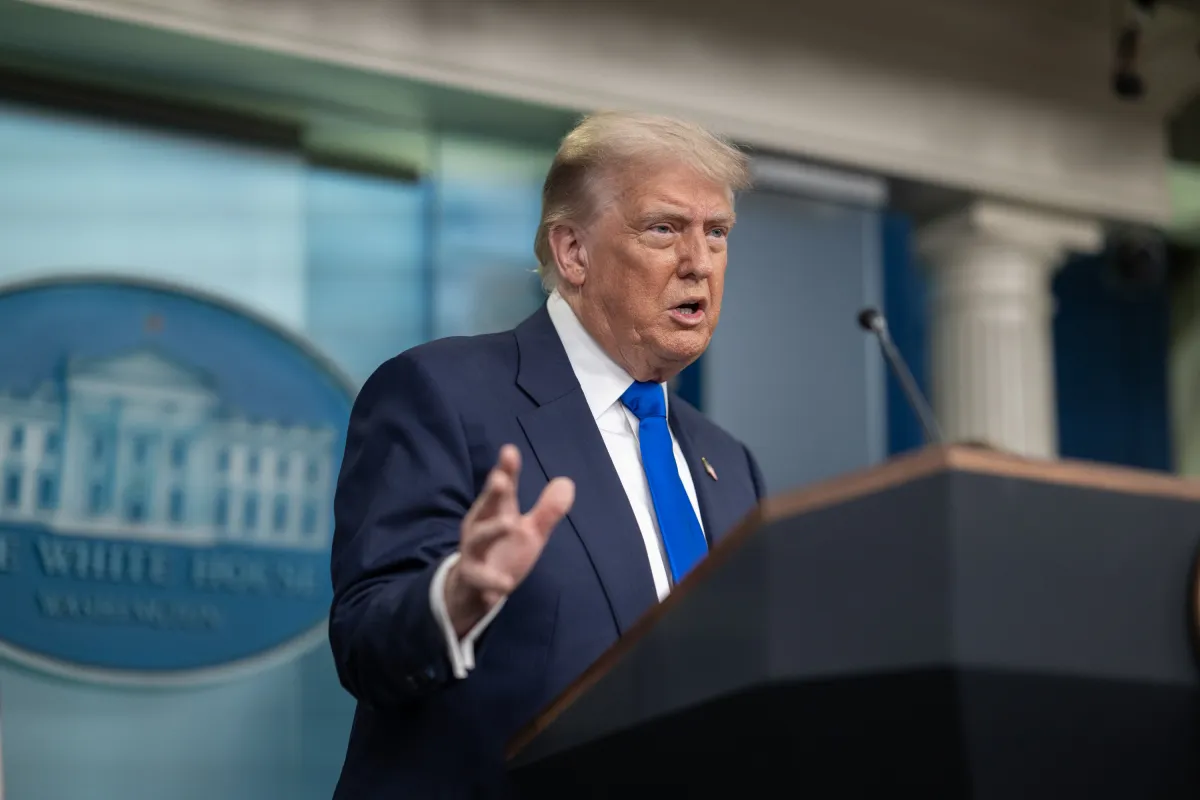On August 7–8, Armenian Prime Minister Nikol Pashinyan will visit the United States for high-level talks at the White House.
In Washington, D.C., Pashinyan will hold a bilateral meeting with U.S. President Donald J. Trump aimed at strengthening the Armenia–U.S. strategic partnership, and will take part in a trilateral meeting with Azerbaijani President Ilham Aliyev focused on advancing peace dialogue between the two nations.
Armenian Foreign Minister Ararat Mirzoyan will also be part of Prime Minister Pashinyan’s delegation to Washington D.C., the Armenian Foreign Ministry said in a statement.
Earlier this week, multiple journalists reported on the possibility of these meetings, though neither government had confirmed them at the time. The Armenian government’s press service has now officially confirmed the visit.
A separate bilateral meeting between Azerbaijani President Ilham Aliyev and President Trump is also planned, focusing on advancing U.S.–Azerbaijan relations and regional cooperation.
Following these sessions, Trump will host a trilateral summit with both Pashinyan and Aliyev, with the stated goal of promoting lasting peace, prosperity, and economic collaboration across the South Caucasus.
The Washington Post also reported on the meeting, noting that it was first confirmed by two senior White House officials.
The officials, who spoke on the condition of anonymity to discuss plans not yet publicly announced, said the summit is part of President Trump’s broader effort to resolve international conflicts — and to receive credit for doing so.
One of them indicated that a peace agreement could potentially be announced between Armenia and Azerbaijan when their leaders meet with Trump on Friday.
This summit comes after talks in Abu Dhabi in July, where despite an earlier agreement on the text of a peace treaty in March, no resolution was announced.
Over 100,000 Armenians were ethnically cleansed from Artsakh (Nagorno-Karabakh) in 2023 following Azerbaijan’s military offensive, with many prisoners of war and civilians still unlawfully detained in Baku’s prisons.
One of the most contentious issues remains border delimitation and transport routes through Armenia. Turkey and Azerbaijan continue to push for a controversial so-called “corridor” linking mainland Azerbaijan to its exclave Nakhichevan through Armenia’s Syunik region — a plan widely condemned in Armenia as a direct threat to its territorial integrity. Recent reports also suggest Washington has floated a proposal to manage these transport links through a long-term lease, but Armenian officials have made clear that any arrangement must preserve full Armenian sovereignty over Syunik.
President Trump has publicly highlighted his administration’s role in facilitating dialogue, stating the U.S. has “worked magic” to bring both sides together and that a final peace agreement is “pretty close, if not already done.”
On the campaign trail, Trump has repeatedly expressed support for Armenia and the Armenian people, acknowledging their historic suffering and resilience. He has criticized international inaction during the 2020 and 2023 wars and condemned the forced depopulation of Armenians from Artsakh (Nagorno-Karabakh), vowing that under his leadership, the U.S. will not tolerate coercive solutions that endanger Armenia’s security or future.
These statements have raised hopes that Washington will push for a just, durable peace that ensures Armenia’s sovereignty, protects displaced Armenians, and secures the release of all prisoners of war.


